Brussels-based FEAD represents the private waste management industry across Europe, including 19 national waste management federations and 3,000 waste management companies.
On Tuesday (26 July), the 27 EU member states agreed a voluntary 15% reduction in the use of natural gas to prepare for possible disruptions of gas supplies from Russia, with a warning this could become mandatory if the situation worsened.
Yesterday, FEAD said the waste sector could play a “fundamental role” in ending the EU’s dependence on Russian fossil fuels and tackling the climate crisis, as it is not yet at its “full capacity” for producing and saving energy.
The trade association said the sector could contribute to meeting the EU’s goals because recycling and recovery operations save material resources, energy and CO2 emissions by avoiding the extraction, processing and use of virgin raw materials and fossil fuels.
FEAD also says backing electricity and heat produced from waste through incineration and anaerobic digestion would allow Europe to “diversify” its energy supply, in particular with regard to district heating and cooling networks, and to “accelerate the roll-out of renewable energy”.
Role
Peter Kurth, FEAD’s president, said: “The European waste management sector has a role to play in the decarbonisation of our society, avoiding the combustion of fossil fuels and the use of virgin raw materials.
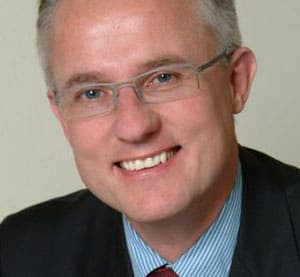
“It has a role to play in the promotion of a circular economy, by producing secondary raw materials and safely treating non-recyclable waste, and it has a role to play in the energy independence of the EU, by providing energy from a local, reliable, and safe source.
“This essential role needs to be consistently recognised across EU legislation and its requirements clearly and realistically established with a holistic approach.”
Demands
As such, FEAD has called for recognition of the sector’s “positive contributions” and for it to be eligible for “any relevant regulatory tool”.
Amongst other things, FEAD has called on the EU to recognise “energy recovery from selectively collected, residual, non-hazardous waste” as an activity substantially contributing to the transition to a circular economy.
FEAD also wants the EU to implement measures that foster recovery and recycling markets, such as “public support”, mandatory recycled content targets in sectoral legislation, mandatory green public procurement criteria and financial incentives.
It has also demanded EU-wide end-of-waste criteria, “when feasible”, to facilitate exports of secondary raw materials from recycling inside and outside the EU.
‘Incinerators’
However, Zero Waste Europe told letsrecycle.com it was concerned by some of FEAD’s “assumptions”.
Created in 2014, the Zero Waste Europe network includes 32 members across 28 countries. In the UK, its members include the UK Without Incineration Network (UKWIN), which describes itself as a network of anti-incineration campaign groups.
A Zero Waste Europe spokesperson said: “In ZWE’s opinion, the assumption of the positive contribution of the waste incinerators must be fully rejected, as by our experience such assumptions assume conditions to artificially magnify the benefits of ‘saved GHGs from landfills’ – typically assuming no pre-treatment or a huge release of methane from landfills, which is not realistic in EU regulatory conditions.
“Even if we burned 100% of municipal solid waste, the theoretical contribution of energy from incinerators would be between 2.67% and 3.97% depending on whether we compare it to the ‘gross available energy’ or to the ‘unit energy consumption’ of Europeans.
“Realistically, taking into account the existing EU recycling targets, the actual contribution of incinerators would only be around 0.93%-1.39%.”
The spokesperson said a “better strategy” for reducing the EU’s dependency on Russian gas while tackling climate change would be to make “better use of plastic waste generated within the EU that currently gets incinerated in huge quantities as part of mixed waste”.




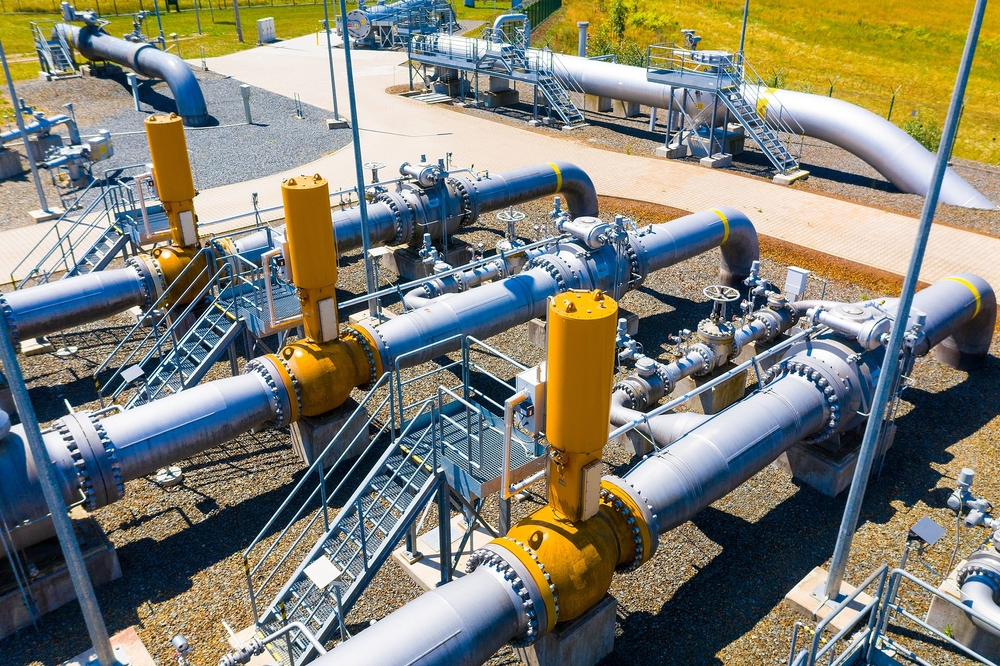

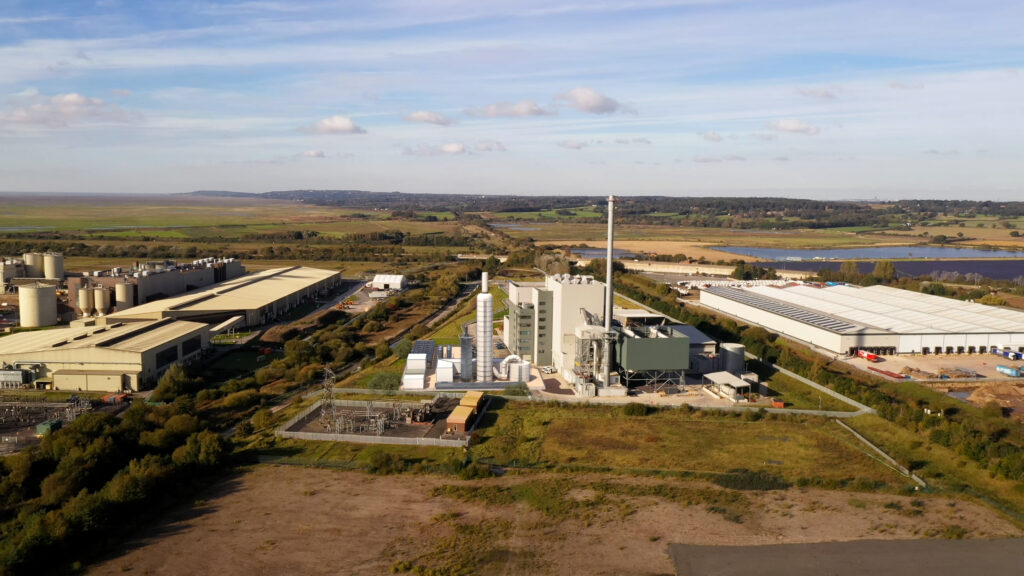
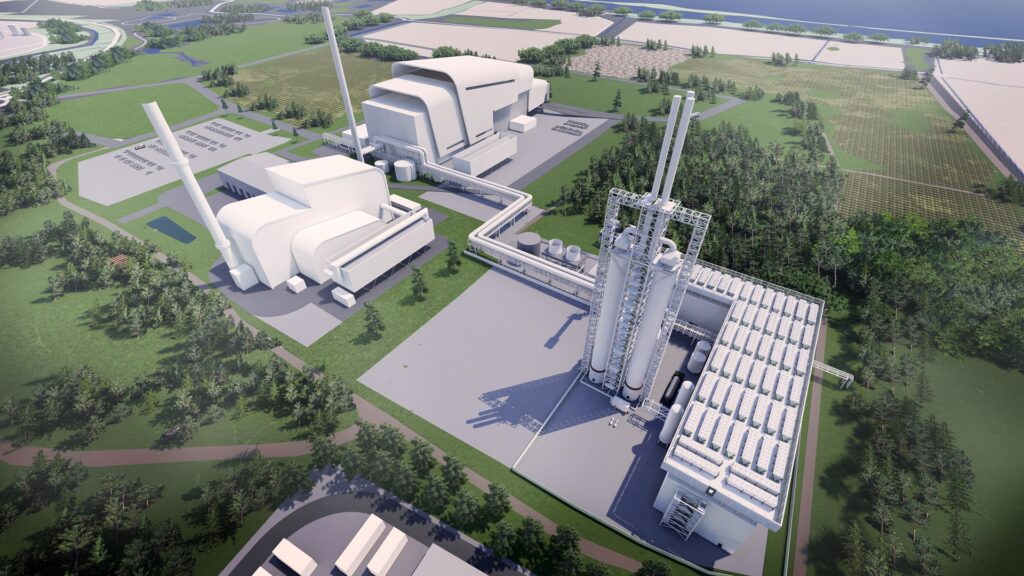
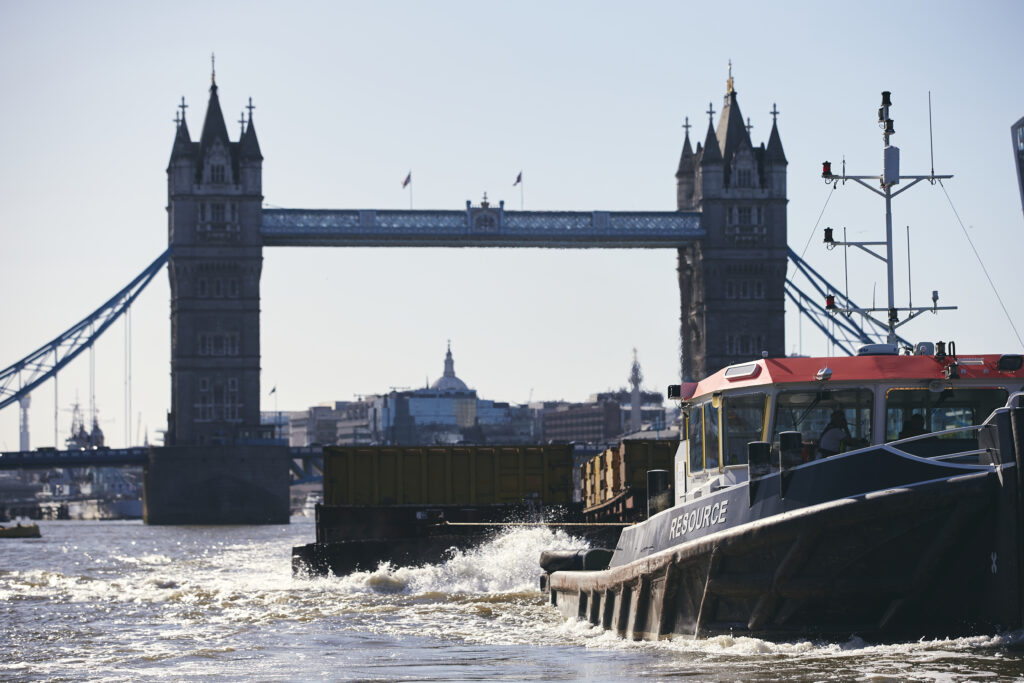


Subscribe for free